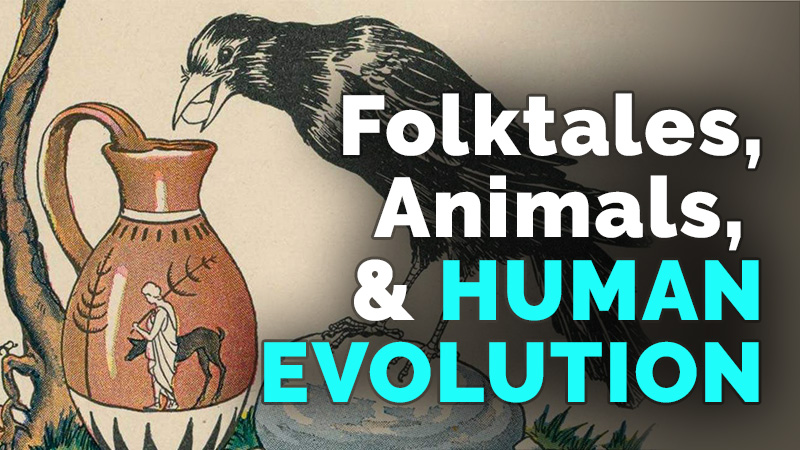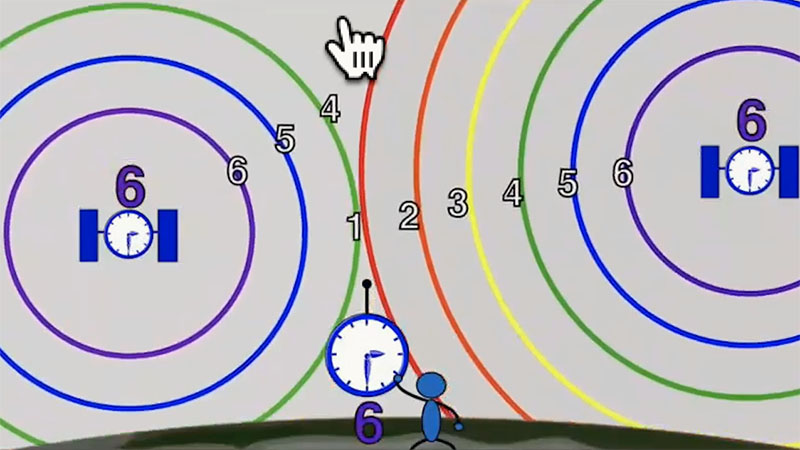-
Your Eyes Can Deceive You: Exposing Deepfakes

Have you ever seen software that allows you to take an old still photo and magically have it smile at you? Or turn your selfie into a photograph that could be found in a yearbook from the 1990s? The technology that began as simple digital video manipulation for motion pictures has moved into deepfake technology […]
-
Unraveling the Origins of Folkloric Narratives

In this episode from CARTA’s new series, The Role of Myth in Anthropogeny, scientist Brandon Parker explores the complexities of folkloric narratives and their origins. By dissecting their components and tracing their evolution, Parker illuminates how these narratives have been instrumental in shaping human cognition and society. Folkloric narratives, Parker explains, are not simple stories […]
-
Time, Einstein, and the Coolest Stuff in the Universe

At the beginning of the 20th century, Einstein changed the way we think about time. Now, early in the 21st century, the measurement of time is being revolutionized by the ability to cool a gas of atoms to temperatures millions of times lower than any naturally occurring temperature in the universe. Nobel Prize recipient William […]
-
Scientific and Social Activism
Please join us for an intimate discussion with eminent microbiologist and geneticist Jon Beckwith of Harvard Medical School. Beckwith is the author of Making Genes, Making Waves: A Social Activist in Science. He discusses the history of scientific and social activism and the teaching of social issues in biology. Along with having a successful scientific […]
-
Neanderthal Among Us? Science Meets Fiction
What makes us human is a question that not only science asks, but all disciplines of mind from philosophy to religion to sociology and ethics, and even to storytelling and the arts. Tim Disney’s new movie “William” is about a Neanderthal living in the modern world and forces us to ask about humanness and many […]
-
Updating our Views on Nature and How to Save it
What is nature? What does it mean to preserve, or save it? Science writer Emma Marris says one common definition of nature in North America is the way any given place was before European explorers arrived and began changing the landscape. Therefore, saving nature would mean returning the land to how it was before their […]
-
Combatting the Scourge
Malaria has been described as “the perennial scourge of mankind,” with over 200 million cases reported annually resulting in up to 750,000 deaths and incalculable misery. The disease is most common in the tropical and subtropical regions that surround the equator, including Sub-Saharan Africa, Latin America, and Asia, but it may be found in any […]
-
Evolution and Creationism as Science and Myth
Myths symbolize ideas, values, history and other issues that are important to a people. They may be true or false, mundane or fantastic; their significance is their meaning, not their narrative content. Science is a way of knowing about the natural world. Its conclusions tentatively may be true or false, but its significance is its […]
